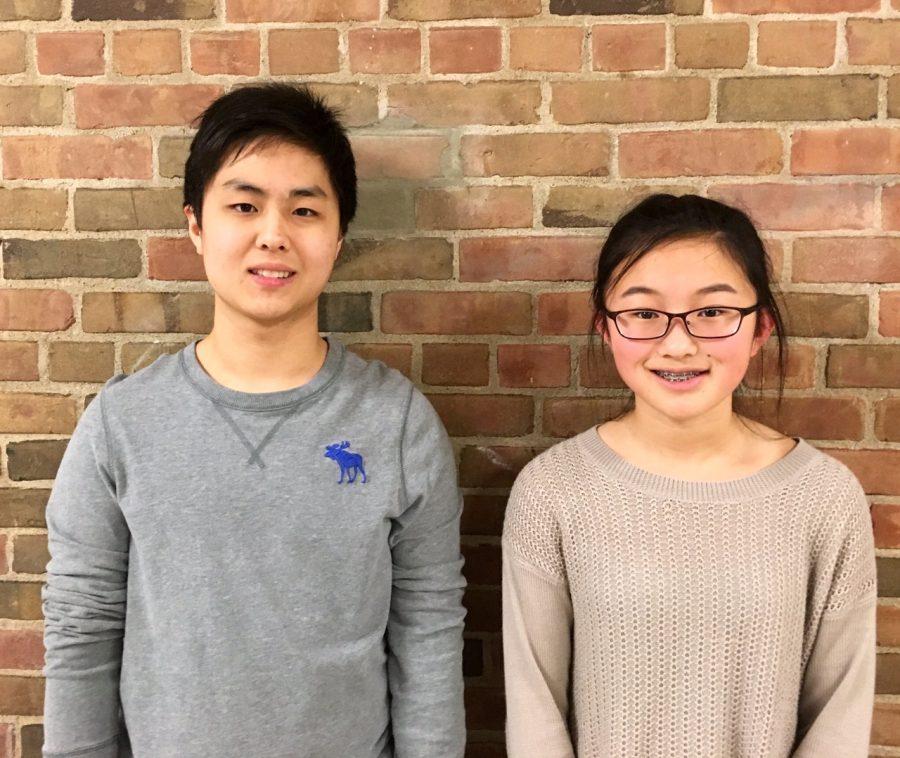Two BC linguists advance in national competition
The North American Computational Linguistics Olympiad (NACLO) is a contest in which high-school students solve challenging linguistics puzzles. According to the NACLO website, students learn about “the diversity and consistency of language while exercising logic skills.”
The first round of this year’s NACLO competition was held Jan 28. Brookfield Central students Eugene Kim (‘17) and Katherine Liu (‘19) both scored exceptionally well and went on to participate in the second and final invitational round March 10.
Languages contestants are given to decode are not languages simply found on Google Translate. The problems consist of languages from various geographic locations and cultures from around the world. For instance, a problem titled “To play or not to play” from a past exam asked contestants to match words in Kiswahili with English translations. Although Kiswahili, a
Bantu language, is spoken throughout East Africa, only five million people learn it as their first language. Another problem titled “Learning Yidiny” involved the Yidiny language, which is predominantly spoken by people whose ancestral lands are in the rainforest region of northeastern Queensland, Australia. Contestants were then given 21 correct sentences in Yidiny along with their English translations. For example, one of the sentences “Nganji dugur balgaal jirrgaada” translated to “We made a hut with grass.” Then, the contestant was given 12 more sentences that contained grammatical errors and was asked to find and fix each error to earn full credit.
“There are so many different ways to carry a message across to another human being,” said Kim. He added that languages form “familiar patterns that can be puzzled out with a few context clues – even obscure languages from opposite sides of the world.”
Liu has a similar appreciation for linguistics. “I like the logic of the languages, like how you have to use reasoning and logic to understand the language with what you’re given,” said Liu.
Other than trying out a few practice problems before the competition, both Kim and Liu agreed that there was not much available to do in preparation for NACLO.
“It’s not like a typical test you can study for,” said Kim. “It’s strictly logical.” While it may seem like a good idea to study as many languages as possible in preparation for the exam, there is no telling which of the 6,000 worldwide languages may acctually show up. According to the experts at BC, what contestants really need is the skill of logical thinking.


